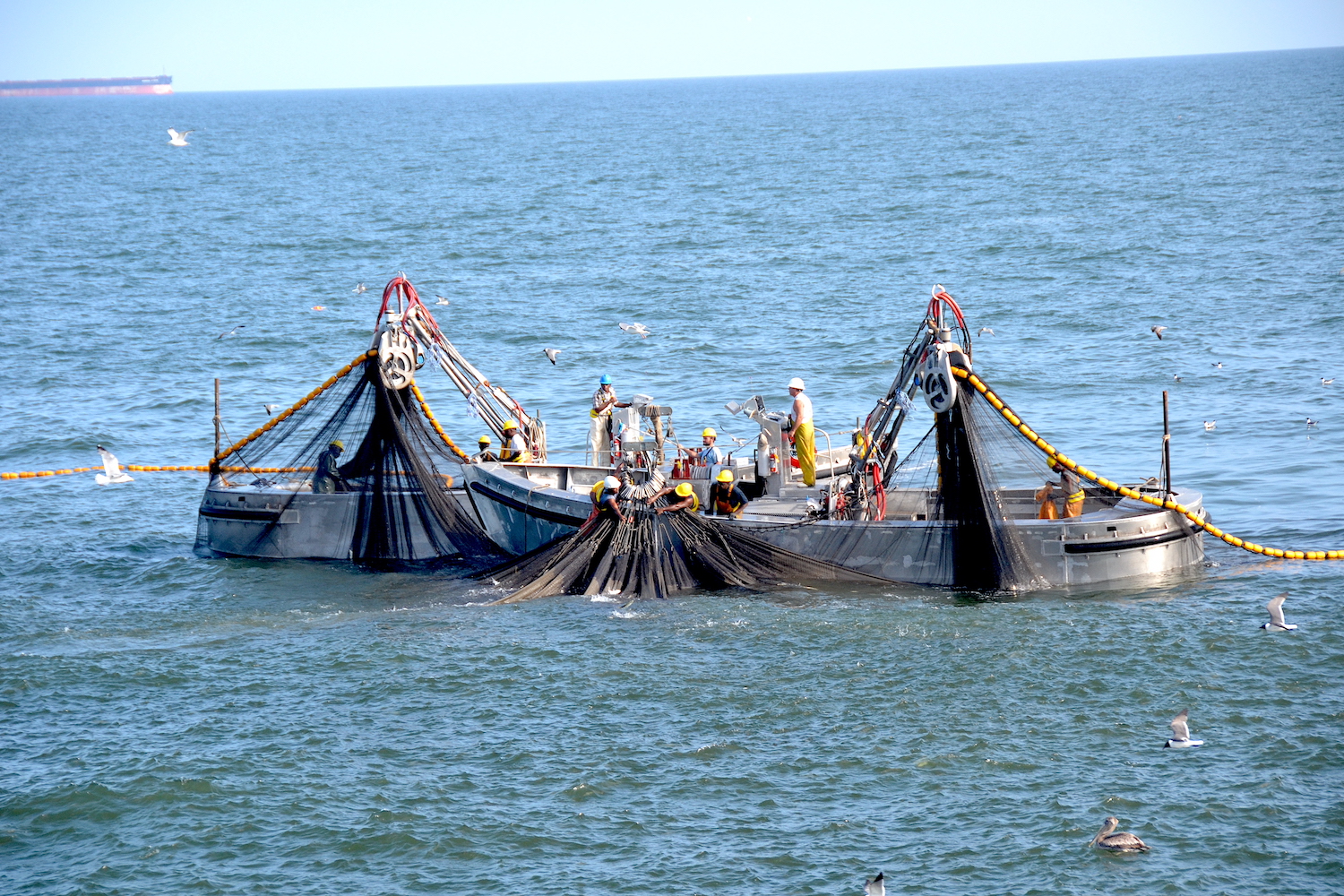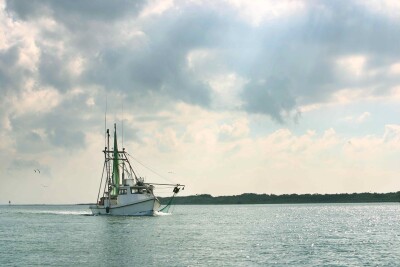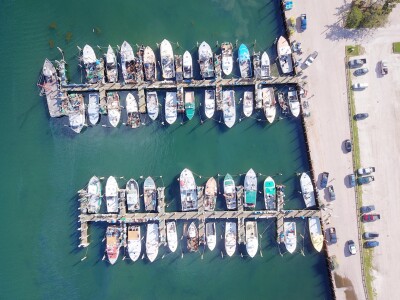The Virginia Marine Resources Commission (VMRC) voted 5-4 in December to enter into a Memorandum of Understanding with Omega Protein and the bay’s menhaden bait fishery to ban fishing from around the Memorial Day, July 4 and Labor Day holidays.
The closure will apply as well on Saturdays and Sundays between Memorial Day and Labor Day, and within a half-mile off the Chesapeake Bay Bridge Tunnel.
The MOU calls for the fishery to collaborate with the governor’s office and General Assembly to maintain a buffer along the densely populated areas of the Eastern Shore, Chesapeake Bay and Virginia Beach region.
The menhaden fishery has been on thin ice with Virginia Gov. Glenn Youngkin’s office since summer when there was an Omega Protein purse net tear resulting in thousands of dead, rotting fish washing up on the Bay shoreline. Virginia’s Kiptopeke State Park closed for recreational use during part of July, a peak month for beach tourism.
In response thousands of sports fishermen, waterfront landowners and representatives of the state’s tourism economy complained. Republican Virginia state Delegate Tim Anderson of Virginia Beach recently introduced HB 1383, a menhaden reduction fishing prohibition bill in the 2023 legislative session that opened Jan. 10.
The bill would shut down Virginia’s menhaden reduction fishery in all of the state’s territorial ocean waters and inland Bay waters for two years. It would also prohibits VMRC from granting any permit for menhaden reduction fishing for two years until a study could be conducted on the impact of the fishery on the bay’s environment.
Virginia’s Omega Protein, owned by Cooke Inc. of Saint John, New Brunswick Canada, is the last reduction menhaden fish company operating on the East Coast. The reduction menhaden fishery was once widespread with many menhaden firms located from Maine to North Carolina. There is still a strong reduction fishery operating in the Gulf of Mexico.
Virginia’s menhaden fishery is 148 years old. Proponents for the fishery argue that the real issue is “user conflicts” claimed by recreational fishing groups, when actually there has been very little conflict, they say.
Recreational fishermen and environmental opponents argue that there is an enormous ecological value in menhaden that is being compromised by the menhaden reduction fishery.
At public hearing on the legislation, it was stated that the Atlantic States Marine Fisheries Commission recently increased the coast wide menhaden quota by 20 percent after concluding the population is healthy.
Virginia Institute of Marine Science professor Rob Later, however, said menhaden landings coast wide have fallen to less than 50 percent of the 700,000 metric tons of landings that occurred at its peak and rockfish (striped bass) populations have been overfished. The health of the rockfish population is directly tied to menhaden as striped bass feed off the oily menhaden.
The outcome of this matter may well be resolved in one way or another in the coming days inside the halls of Virginia’s Legislative sessions.







